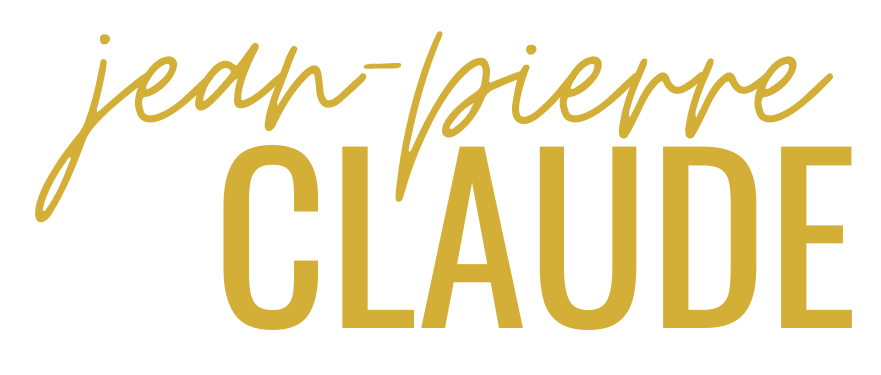The shackles of society are those limitations we place on ourselves, consciously or unconsciously, originating from the beliefs or expectations of others, and are introduced and reinforced through our social structures, in a process sometimes referred to as socialisation.
Of course, not everything that you are taught is limiting, i.e. not everything is a ‘shackle’. The purpose here is to better understand those shackles, and how those beliefs could be holding you back and have a negative impact on your growth, expansion and experience.
Now you may think that you don’t have any shackles, or simply do not know what your shackles are, but all of us have some level of limiting beliefs to shake. And these can be as ingrained as your own accent, and are picked up by us as subconsciously as our dialects / accents too.
So you may then wonder where we pick these up, but there are too many ways that something can be picked up to try and quantify or identify them all, as it will be unique to each person. However, we can think of a few examples of where we may pick some up, not with an intention of naming and feeling negative towards (fighting against) those, but to have an awareness as we may then identify some of those beliefs in our own lives that we consciously decide to change.
Those that have raised you have received a set of beliefs from those who have raised them, and so did those before them, etc. And as these are passed from generation to generation, it carries with it some great and helpful beliefs, and some which don’t serve you that well. And each generation may further mould these based on their own circumstances and experiences.
Out of your immediate circle you may then encounter ideas and beliefs that certain subgroups of the society may hold. These can be in institutions focusing on education, religion, and many more. The beliefs of the secondary circle may be reinforcing those that you’ve been exposed to in your primary circle, and can thus make those beliefs even stronger, or you may have experienced some contradicting beliefs early on. Quite often though, those in your primary circle would have been shaped by similar societal structures in similar places, which would align the secondary and primary exposures quite well.
Outside of the immediate 2 inner circles we encounter things such as entertainment, popular culture etc. which are playing an increasingly influential role in the digital age, as it comes into your home and personal experience and we spend more and more time exposed to these.
Now that we have a better idea of where these beliefs can come from, let’s also consider 2 examples of common ways in which a limiting belief can play out in your experience:
- Making decisions based on how others’ views (opinions) of you may be impacted
In this instance you may be more concerned with others’ view of you, than your own view of your preferences. So when you make a decision, you may, in part, base your decision on what others may think of you, or of the choices that you may make. These influenced choices can range from a small decision, on something that you may consider to be trivial to what you would call life-changing decisions. For example, you may decide not to wear a particular dress because your mother has made a comment about it. Or for something having more impact on your life, you may decide not to pursue a particular hobby or interest because you are concerned that others may think it is not appropriate based on your social status, career, gender or some other reason. - Limiting your own possibilities and opportunities because they do not conform to the vision of success held by others. Very similar to our previous example, you are basing a decision off of the approval of other people. For example, you may decide to not follow a certain career path, because it is not held in the necessary regard in the minds of those whose approvals you seek. And if you may want to deviate from what others have laid out for you, they may be very clear in their disapproval. This isn’t to say that it may not come from a well-meaning place (even if it comes from a place of their own limiting beliefs), but it isn’t always all that helpful if they want you to be successful, but have a definition of success that may be contrary to who you are inside.
Based on the discussion so far, you may identify some of these limiting beliefs in your own life. How do you go about loosening a shackle to free yourself from it? We will look into that more in our next lesson.

Recent Comments